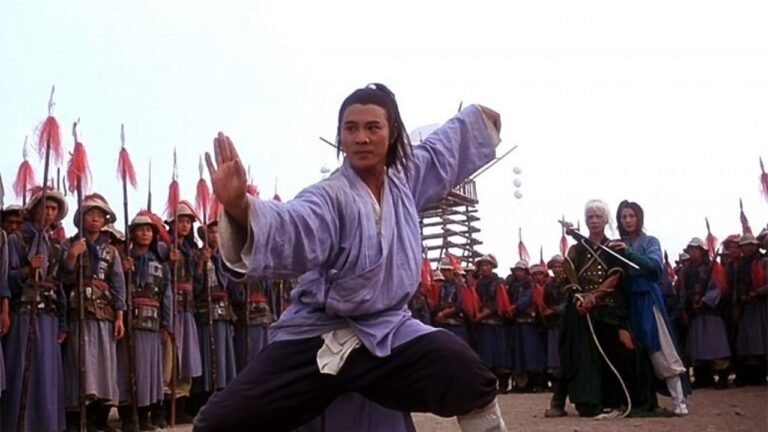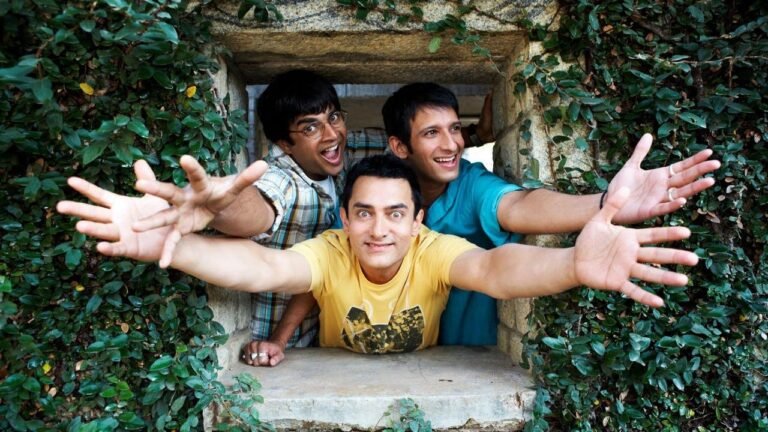
“Blackish” is a groundbreaking American sitcom that premiered on ABC in September 2014, created by Kenya Barris. The series stars Anthony Anderson, Tracee Ellis Ross, Laurence Fishburne and several other talented actors, and it follows the lives of the Johnson family as they navigate the complexities of race, identity, and family life in contemporary America. Over its eight-season run, “Blackish” has transcended traditional sitcom parameters to become a cultural touchstone, addressing critical social issues and sparking important conversations. This article explores the myriad ways in which “Blackish” has achieved cultural relevance, from its portrayal of African American life to its impact on television and society at large.
One of the most significant contributions of “Blackish” is its authentic portrayal of African American life. At its core, the show is about the Johnson family: Dre (Anthony Anderson), a successful advertising executive; his wife Rainbow (Tracee Ellis Ross), a mixed-race anesthesiologist; and their children Zoey, Junior, Diane, Jack, and later, baby Devante. The series delves into their everyday experiences, which range from typical family dynamics to specific issues related to race and identity.

Unlike many other sitcoms, “Blackish” does not shy away from the complexities of being Black in America. The show tackles issues such as police brutality, racial profiling, systemic racism, and economic disparity—all while maintaining a comedic tone. These topics are introduced in a way that is accessible yet thought-provoking, allowing viewers to both laugh and reflect.
Another notable aspect of “Blackish” is its multi-generational perspective. The show features Dre’s parents, Pops (Laurence Fishburne) and Ruby (Jenifer Lewis), who bring their own experiences and viewpoints into the narrative. This allows the series to explore how different generations of African Americans perceive and cope with issues of race and identity.
Pops and Ruby’s perspectives often contrast with those of Dre and Rainbow, who have a more modern, somewhat privileged viewpoint. Adding the perspectives of their children, who are growing up in a post-racial, somewhat sheltered environment, “Blackish” creates a rich tapestry of opinions and experiences. This intergenerational dialogue is crucial for capturing the diversity within the African American community, showing that there is no single way to “be Black.”

“Blackish” also plays a crucial role in challenging stereotypes. The show actively works against the monolithic portrayal of African Americans by showcasing a variety of experiences and lifestyles. Dre’s success in advertising and Rainbow’s role as a physician defy the often limited and stereotypical roles given to African American characters on television. The Johnsons are neither defined by their struggles nor immune to them. This balanced portrayal helps to normalize the idea that African Americans, like everyone else, exist on a spectrum of experiences.
One of the defining features of “Blackish” is its willingness to engage in social commentary. Episodes often serve as a platform for discussing contemporary issues. For example:
“Hope” (Season 2, Episode 16): This episode tackles police brutality head-on, presenting a raw and emotional conversation within the Johnson family about the realities of being Black in America. Each character offers a different perspective, providing a nuanced discussion on a highly sensitive topic.
“Juneteenth” (Season 4, Episode 1): In this episode, Dre educates his family—and by extension, the audience—about the significance of Juneteenth, the day that commemorates the end of slavery in the United States. The episode serves both as comedy and historical lesson, raising awareness about an often overlooked piece of American history.
“Being Bow-Racial” (Season 4, Episode 6): This episode focuses on Rainbow’s experiences as a mixed-race individual, exploring themes of identity and belonging. It provides a platform for understanding the complexities of being biracial in a divided society.
These episodes, among others, have sparked discussions beyond the television screen, encouraging viewers to engage with social issues in a meaningful way. The show has been praised for its educational value and its ability to make complex issues accessible to a broad audience.

The success of “Blackish” has had a ripple effect on television and media, paving the way for more diverse and inclusive storytelling. The show’s popularity and critical acclaim have demonstrated that there is a significant audience for stories about people of color told from their own perspectives. This has encouraged the creation of other shows that focus on diverse experiences, such as “Insecure,” “Atlanta,” “Dear White People,” and even the spin-offs “Grown-ish” and “Mixed-ish.”
Moreover, “Blackish” has garnered numerous awards and nominations, including multiple NAACP Image Awards and Emmy nominations. Tracee Ellis Ross made history by becoming the first Black woman in over 30 years to win the Golden Globe for Best Actress in a Television Comedy or Musical for her role in the series. These accolades have validated the importance of diversity in media and encouraged networks to greenlight more diverse projects.
Beyond its entertainment value, “Blackish” has served as an educational tool for viewers of all backgrounds. Many episodes come with accompanying discussions, articles, and even school lesson plans that educators can use to facilitate conversations around race, identity, and social justice. The show has also inspired panels and discussions in academic and social settings, further extending its influence.
“Blackish” is more than just a sitcom; it is a cultural phenomenon that has significantly contributed to the conversation about race and identity in America. By offering a multifaceted portrayal of African American life, challenging stereotypes, and engaging in timely social commentary, the series has cemented its cultural relevance. It has not only entertained but also educated and inspired change, leaving an indelible mark on television and society. As we reflect on its impact, it is clear that “Blackish” has set a new standard for what a television series can achieve, both in terms of representation and social influence.




